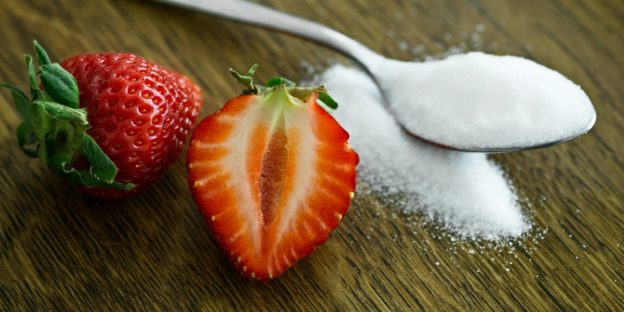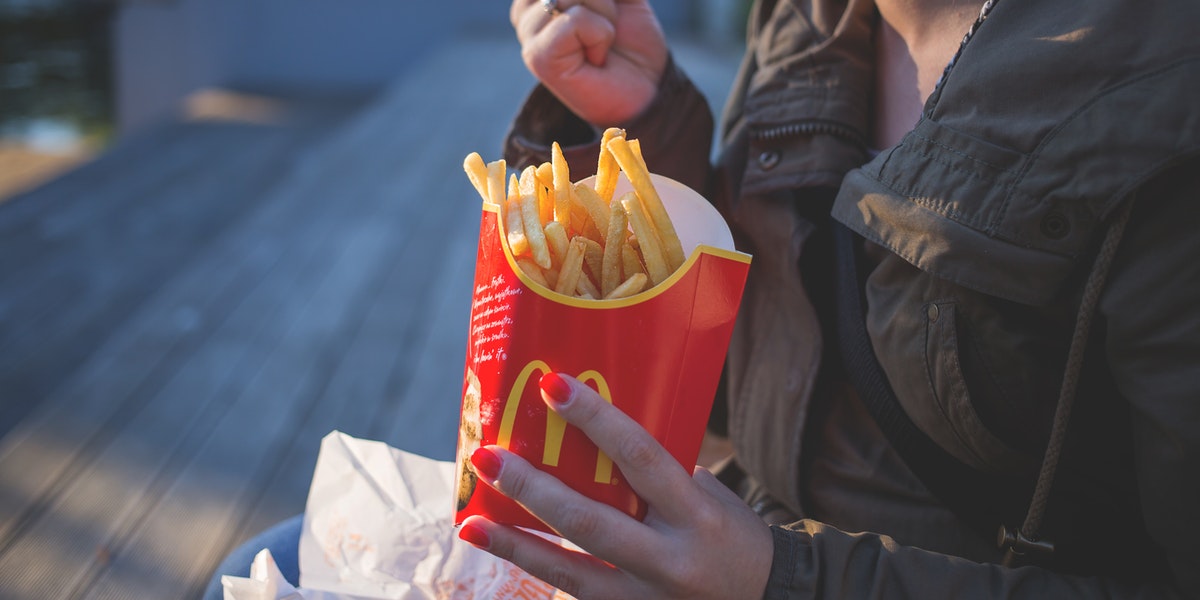The internet offers many wonderful advantages, including the fact that people can educate and empower themselves with a bit of research. The problem is that the internet is also filled with misinformation that can give people a false sense of security. For example, some people believe that addiction can be stopped with willpower. But this is not the case.
The reality is that addiction has nothing to do with willpower and everything to do with changes in the brain. And believe it or not, people can get addicted to almost anything, not just drugs and alcohol. For instance, sugar can be just as addictive as some street drugs.
With this in mind, let’s look at five interesting (and disturbing) similarities between sugar and abusive drugs.
1. They flood the brain with dopamine.
Our brains are hardwired to perform certain actions (like eating) to keep us alive. When we do these pleasurable activities, dopamine is released in the brain. This signal makes us feel happy and programs the brain to want to do it again. This is a good thing, as without dopamine, our lives wouldn’t be as pleasurable.
Of course, there is a downside to this system. You can do things that feel good but are actually bad for the body. This is the case with abusive drugs. Drugs and alcohol hijack the brain pathways and send a dopamine rush. The brain changes its programming and wants the drugs again.
But it’s not just drugs that have this effect on the brain. Sugar and processed foods do as well. This happens because they function as superstimuli, eliciting a stronger response. As a result, people often lose control when they eat junk food.
2. They have powerful cravings.
Cravings are powerful. They’re a main reason why addicts have a hard time staying clean. But people who are addicted to sugar often experience similar cravings, even when they are full. This happens because the brain wants the reward – not because the body needs something.
Interestingly, the thought processes for sugar and drugs work in the same way. Junk food and addictive drugs stimulate dopamine production, and the brain reduces dopamine receptors to keep things balanced. This is why we see people craving junk food and eating more than they intended to.
It’s also possible for people to stop getting the same pleasure as they once did from eating sugar. When this happens, the brain has cut back on dopamine, so it needs more junk food to fill this hole and create the desired effects.
3. The same parts of the brain are activated.
Some studies have tracked brain activity to see how the brain responds to drugs and other addictive substances. What’s interesting is that both food and drugs activate the same regions in the brain. And, when people experience cravings to these things, researchers find that the same parts of the brain light up.
When considering how the brain responds to these types of substances, it’s easier to understand how and why people can become addicted to almost anything, whether it’s food, sex, drugs, alcohol or gambling. It’s not about the substance itself but rather how it interacts with the brain.
4. Withdrawal symptoms are present.
Withdrawal symptoms are a key component of addiction. When you stop giving the brain what it wants, it will experience adverse effects like irritability, anxiety and depression. The brain and body get out of whack because they’re trying to readjust to not having the addictive substance.
But as you are probably aware, withdrawal can happen to many things. For example, if you stop drinking coffee suddenly, your body may go through caffeine withdrawal where it experiences fatigue, headaches and irritability. Eventually, these symptoms go away, but they can be intense enough to drive you right back to where you were.
The same can happen with junk food. Research shows that when lab rats are given sugar and then have it taken away, they experience teeth chattering, head shakes and forepaw tremors. These are similar reactions to what you will experience from opiate withdrawal.
5. They are harmful to the body.
Everyone knows that drugs and alcohol have harmful effects on the body. And even though we realize that sugar and fast foods aren’t great, people often underestimate how harmful they can be.
First off, junk foods are high in sugar, refined wheats and refined oils. This makes foods cheap and easy to make, plus they taste great so that people get addicted to eating them. These foods also take the place of healthy foods that could be providing your body with essential vitamins and nutrients.
Second, eating a lot of sugar and processed foods put you at risk for heart disease, metabolic syndrome and type 2 diabetes. Knowing this, why would anyone want to eat junk food over something healthy like an apple? Because these chemicals hijack your brain and create a cycle of abuse.
Final Thoughts
Research has suggested on many occasions that sugar can be just as addictive as some street drugs. This is important to know, as you don’t want to substitute one addiction for another. If you’re in addiction recovery, it’s especially important that you protect yourself.
This is why we recommend working with a nutritionist and putting together a healthy, well-rounded meal plan that avoids refined and added sugars. Instead, your sugars should come from fiber, sugar cane and fruits. These sugars may not taste as sweet at first, but in time, your taste buds will adjust.
Awakenings Treatment Center works with people who have substance abuse addictions, eating disorders, mental health problems and more. We realize that food is a big part of the recovery process, which is why we teach our clients how to eat balanced meals. To learn more about our nutrition education program and how it fits into outpatient drug rehab in Agoura, contact us today.









